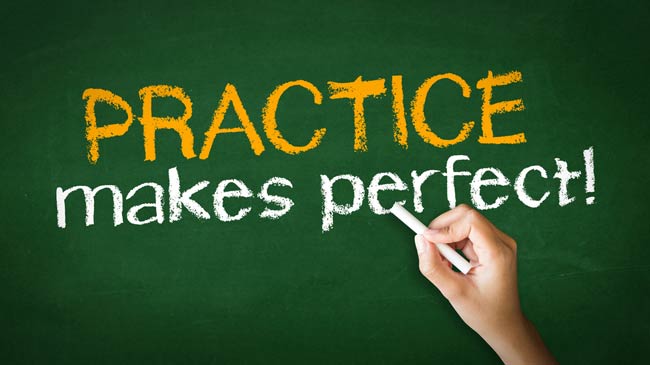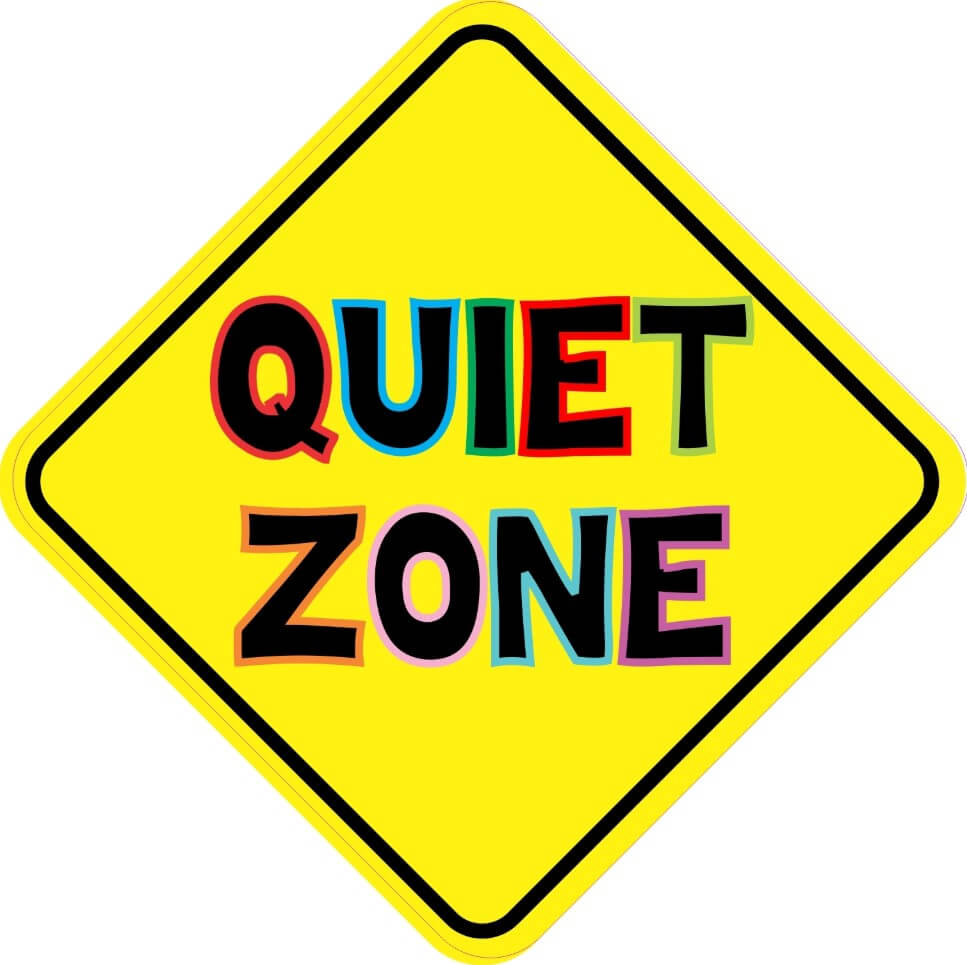The world of Forex and trading can be a daunting one, it is full of information on how much you can lose, how difficult it can be to be profitable and that it just is not for everyone. While the latter may be true, there are a number of different things that you can do to get yourself off on the right foot. We have gone through a number of different tips that we have that can help you get off the floor running, you may not be able to do all of them, but any combination of them will give you a good headstart over those that are starting completely fresh.
Get the Right Broker
When you first start out trading, you will do a lot of reading, but the first step to actually trading is getting yourself the right broker. There are a lot of them out there, a lot of great ones, but also a lot of bad ones. It is important that you get one that suits you. We feel that it is important that the broker that you use has a good reputation, you can use a number of independent customer review sites, just be cautious of the potential for fake reviews. It is also good to get one that suits your needs and one that definitely offers demo accounts so you can practice with the same broker that you are planning to use once you go live.
Create a Trading Plan
Before you actually start trading, you will need to build yourself a trading plan, this is not something that you can do in a day or two, it will take a while to complete and will involve a lot of modification and alterations as you learn new things or find things that do not work with it. The strategy that you create will include your trading strategy, risk management, and other information about how you will be trading. Begin it early and it will save you a lot of time in the future, you can start to create it as soon as you go through your initial learning as you will be gaining valuable information for the start of a plan.
Start Slowly
Trading is a long term project, it is certainly not the get rich quick thing that you often see advertised so if you are here for the quick win, it may not be for you. Understand before you start that you will be taking things slowly, pick one topic per day, do not try to overload yourself as this will only lead to burnout and frustration. Learn little by little, it is the best way to absorb the information that you are learning and you do not wish to miss anything important. Remember to also go back to the things you have already learned in order to ensure that you have understood it.
Practice
Practice is important, extremely important. We mentioned when looking for a broker, to ensure that they have a demo account, it is these demo accounts that you will be using to practice. They will often be mimicking the trading conditions that the live accounts do, so any strategies that you use on the demo account should have similar (not exact) results on a live account. Any changes that you make to a strategy should be tested on a demo account before you try it on a live account, any change, no matter how small, should be used on a demo account first.

Controlling Emotions
Emotions can be powerful things, when it comes to trading they can be pretty devastating, in fact, it is possible to completely blow the account because you were not able to keep your emotions in check, due to this it is important to learn to control them. There are various ways to do this, through discipline, and dedication you should be able to overcome them. Some of the more damaging emotions include things like greed and overconfidence, however, these can be controlled with the help of the trading plan and your strategy that we mentioned above, sticking to that plan will help you keep your emotions out of your trading.
Set Realistic Targets
You should not be coming into trading with the expectation that you are going to be a millionaire next month, so instead, you need to set yourself some realistic goals When starting out, your goal should simply to finalise your own trading plan, or to be a break-even trader, do not even think about setting profit targets until you are able t break even. Once you are at that stage, you can start to think about making profits, but realistic profits that are actually achievable. Do not set your goals based on what other people are doing, they should be specific to the stage that you are currently at in your trading career.
Keep Learning
You need to keep learning, it is important that you keep on learning, there are always things that you are able to learn, whatever your strategy is, you should always be looking to become an expert at what is involved, it is also important to learn a few of the other strategies, as the markets will always be developing and changing you need to be able to adapt yourself to the changes. Studying takes time, so it is important that you are able to make time for you to do it, you need to have the dedication to trading and learning if you want to succeed. It is a non-stop part of the trading, so you should always be willing to learn.
Remember to Take Breaks
Trading can be stressful, in fact, it can be very stressful and it can cause a lot of potential mental health issues from the isolation and the time it takes. It is important to remember to take breaks, this is an opportunity to clear your mind, de-stress, and talk to others. It is all well and good having the dedication to learning and trading, but if you are wearing yourself out, it will only hurt you in the long run. Trading will be around for a long time, so there is no need to push yourself too hard.
Only Trade Under the Right Conditions
It can be tempting to want to trade all the time, trading is very exciting, it can make you want to trade all the time. The thing is that you have created a trading plan, the plan works within certain conditions, it will not work all the time and it won’t be able to find trades all the time. When this happens, you should not be trading. Instead, you should use this time to learn, do not try to force your trades in conditions that do not suit your strategies conditions.
Plan Your Trades
This ties in with your strategy, it is important that you stick with it and that you use it to properly plan your trades. You need to ensure that the entry criteria. Take profits, stop losses, the risk you will use, all of these things are important for you to recognise and to plan before placing a trade. Planning your trade will help to ensure that you are sticking to your plan and that each trade actually meets your trading plan requirements.

Do Not Overtrade
It can be tempting to overtrade, either through boredom, greed, or overconfidence. Greed often occurs when you just want more, or that you have made a few losses and want to make up the loss. Overconfidence can occur when you have made a few good wins in a row and so you feel that you are able to win more. Whatever the reason is, it will only lead to losses. Do not trade any more than what your train strategy and plan allows. If you trade extra, it will only result in losses in the long run.
Use Stop Losses
Stop losses help you to protect your account, it is a way of ensuring that you are only risking what you need to risk and limit the potential losses. If you do not set stop loss, there is a chance that even a single trade could cause you to lose your entire account. Setting them is extremely important and you should not be trading them without it. When you create your trading plan, you should also create your risk management plan which will detail how much of a stop loss you should be suing, just remember to stick to it
Don’t Be Afraid to Experiment
You should not be afraid to try new things, just remember that we spoke about demo accounts, so if you are thinking of experimenting then you should always do this within a demo account, this way you can test and experiment as much as you want without risking any of your capital. Experimenting and testing will allow you to alter your current trading plan and also create new ones, it is also a fantastic way to learn by doing rather than reading.
So those are a few different things that could help you get started, remember, you may not be able to do all of them, in fact just doing a few will help you to start on the right foot and could help you to become a profitable trader a lot quicker than without.


















